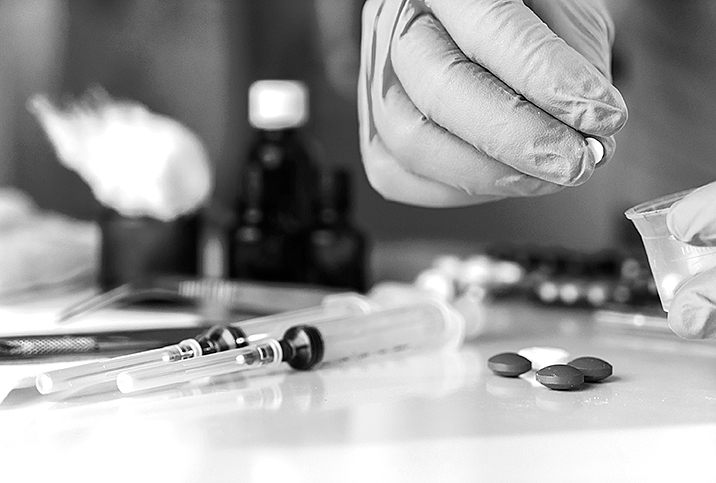Study Findings May Tie Diabetes Medication to Birth Defects

A correlation may exist between the diabetes drug metformin and birth abnormalities, according to a study conducted by Stanford Medicine researchers and their colleagues in Denmark.
Published in the journal Annals of Internal Medicine, the research does not confirm a direct cause and effect between the drug and birth defects, but statistics from an extensive analysis of health records did show a relationship between the two.
The study
Researchers tracked more than 1 million births in Denmark between 1997 and 2016, and they discovered a link between the use of metformin during sperm development and genital birth defects in boys.
The birth defects were found only in boys, and the fathers tracked in the study were more likely to have girls in comparison to the general population. The cause of the link between the drug and men's reproductive health has yet to be determined.
Metformin is an increasingly popular drug for treating type 2 diabetes, but it is known to have effects on the reproductive system. Michael Eisenberg, M.D., a professor of urology at Stanford Medicine with a clinical focus on male fertility, was one of the researchers who set out to study the correlation, if any, between metformin and birth defects, specifically in men.
Eisenberg and his colleagues first excluded babies born to mothers who had previously been diagnosed with diabetes or hypertension. Then, since sperm take about three months to mature, the researchers narrowed their scope to fathers who filled a prescription for a diabetes drug during that specific time frame.
The team controlled for variables, including paternal age, income, tobacco use and birth year. It also compared exposure to metformin with exposure to two other common diabetes medications: insulin and sulfonylureas. Insulin did not affect the rate of birth defects, when compared with the rate for infants whose fathers were not prescribed diabetes drugs. Sulfonylureas had numbers that trended in the direction of metformin, although Eisenberg, in a press release, said those numbers didn't reach statistical significance and lacked a specific pattern.
The findings
The study eventually included 1,116,779 babies, 51.4 percent of whom were boys. At least one major birth defect was found in 3.3 percent of babies.
Conversely, among the 1,451 babies whose fathers were exposed to metformin, only 49.4 percent were boys and the rate of birth defects increased to 5.2 percent, specifically, genital birth defects, which were solely found in boys.
Men who filled metformin prescriptions before or after the three-month period of sperm development were found not to have a higher incidence of birth defects in their children.
A father's role in birth defects
Concerns about birth defects often surround the mother even though, as Eisenberg pointed out, men contribute 50 percent of the DNA, so some birth defects are definitely going to arrive via the paternal pathways, too.
The risks associated with metformin are on par with more well-known possibilities for birth defects in mothers, such as pregnancy later than age 45.
This study won't necessarily change clinical practice and the use of metformin. Eisenberg did stress, though, that the results should remind prospective parents of the significance of a father's contribution to the possibility of a baby born with birth defects.
"I think that it's a single study, so it's hard to change clinical practice based on that," he said in the press release. "But for somebody considering fatherhood, this study emphasizes the importance of a father's health on the health of a child."


















